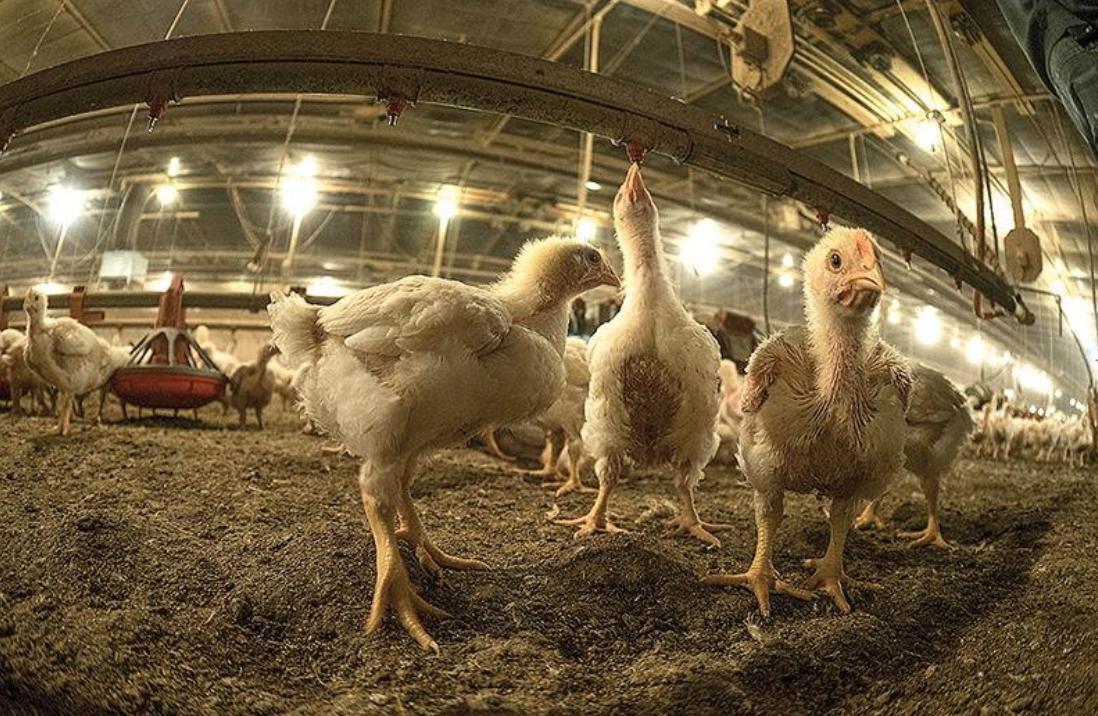Maryland poultry and livestock operations will soon begin paying a fee for water-pollution permits after a nearly year-long battle between its executive and legislative branches.
The Hogan administration initially balked at a law passed last year requiring the largest farms to pay a $2,000 application fee every five years as well as an annual charge of $1,200. Smaller operations would also begin paying, but the General Assembly delegated decisions over how much and how often to the Department of the Environment.
Such concentrated animal-feeding operations, known as CAFOs, have been spared paying the fees for more than a decade, a decision that dates to then-Gov. Martin O’Malley’s administration. The goal was to encourage farmers at the more than 500 operations statewide to participate in a program aimed at preventing routine animal waste spills, officials said.
In response to the 2019 measure, MDE initially proposed a fee structure that wouldn’t have covered the program’s costs. Environmentalists and key lawmakers disputed the decision, pointing to a longstanding regulation that mandates that application fees must be “designed to cover the cost of the permit procedure.”
In a July 17 memo, Matthew Standeven, the attorney general’s office lawyer assigned to the MDE, agreed, warning officials that the agency would be treading into “unlawful” territory if it moved forward with its plan.
MDE Secretary Ben Grumbles has conceded to his counsel’s position. He said in a Sept. 3 memo that in addition to the fees prescribed for the largest farms in the law, the department would begin charging the rest of the state’s CAFOs between $120 and $1,200, depending on their size.
He added that the agency has begun contacting CAFO operators about the new fees. Officials will make sure the correct fee amount is collected in each case before issuing a permit, “as required by law,” Grumbles wrote.
By Jeremy Cox




Write a Letter to the Editor on this Article
We encourage readers to offer their point of view on this article by submitting the following form. Editing is sometimes necessary and is done at the discretion of the editorial staff.